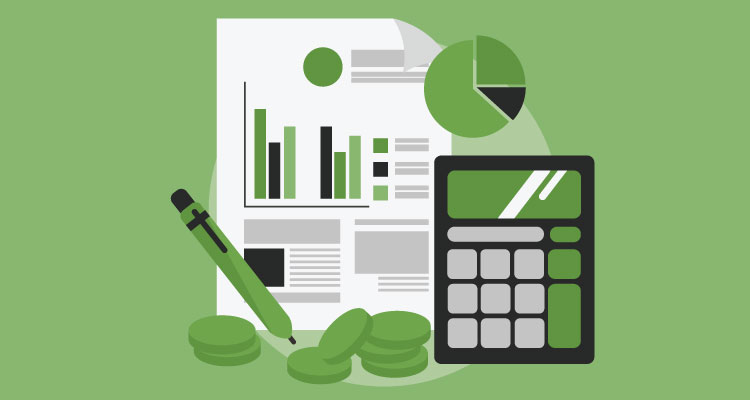No one ever said, “I sat around and complained about my finances until they fixed themselves.” It takes time and dedication to turn around your money. But the first step before anything else is getting a clear understanding of your current financial situation and what exactly you want to fix. With that information in hand, you can set goals and get on track for your financial dreams.
Keeping tabs on your finances can be a quick process if you use the right tools. Below is a list of two free tools I use to track my personal finances and one paid tool I use for my business. Between these three apps, I can get a holistic view of my money with a few clicks of the mouse or a few taps on my phone. Follow along to learn about the tools I use most to track my money.
Table of Contents
ToggleDaily personal finance snapshot: Clarity Money
For my personal finances, Clarity Money has emerged as my new favorite money tracking app. I log into Clarity Money on my phone daily to get a quick glimpse at my account balances and recent transactions. Best of all, it is free to use!
After signing up for the app, connecting to each financial institution you use places your bank account, credit card, loan, and investment account balances on a clean and easy-to-understand dashboard. If you are familiar with the popular personal finance app Mint, Clarity Money has emerged as a leading Mint alternative.
The top of the screen when you log in gives you local weather, an inspirational quote, your total cash, credit card, and investment balances, and your total spending over the last few days. Tapping on any of those numbers gives you more detail. The accounts screen offers a full list of every account and balance by account type. The only account I have that isn’t supported is my mortgage, but it isn’t the biggest or best-known lender around so I let it slide.
Learn more at Clarity Money, available on the web as well as iOS and Android devices.
Investment checkup: Personal Capital
While Clarity Money gives me account balances for my investments, it doesn’t offer any transaction history, details, or analysis of my portfolio. For that, I head over to Personal Capital. Get a feature-by-feature comparison of Mint vs Personal Capital here. Personal Capital is my favorite investment dashboard and offers more insights than my brokerage account alone.
Like Clarity Money, I connected all of my financial accounts including bank, investment, credit, and loans. Personal Capital also tracks assets like cars and homes and was able to connect to my mortgage company. Score one for Personal Capital.
But the biggest value comes from how the site analyzes your portfolio. Years ago when I started with Personal Capital, the app quickly identified places where I could save on investment fees in my retirement accounts. I made a few trades that lowered my fees by $300 per year, which adds up to tens of thousands of dollars once you take compound interest into account.
In addition to fees, Personal Capital looks at your entire portfolio across your regular investment accounts, 401(k), IRAs, and any other investments to give you useful breakdowns of your assets and personalized advice to improve. For a fee, you can hire Personal Capital advisors to manage your portfolio.
Learn more at Personal Capital.
Business finances: Quickbooks
Last on this list is the one financial tracking app I pay for: Quickbooks. While I have some complaints, Quickbooks is overall the best small business accounting software out there and popular for good reason. It does just about anything you would want your accounting program to do and integrates with a wide range of apps and CRMs to help you manage your business.
I log into Quickbooks at least every few days to check in on my business account balances, recent transactions, basic bookkeeping, and other accounting needs. I use those reports to generate my monthly income reports, improve my business, and make sure I get paid for everything I have Due.
One of my most pivotal business moments came from good accounting records in Quickbooks. When I quit my job, I split my freelancing efforts between writing and website development. My books told me I had a clear 80/20 rule on my hands. I quit website development and my income tripled over the next few months. It wouldn’t have happened without those records!
Automate your finances to save time and money
Automation is important in business and at home. Connecting your money to these three great apps should help you score an automation win with both! As a freelancer or small business owner, your time is too valuable to waste. Get your money automated and get yourself on track for the best personal finance and business finance success.
















